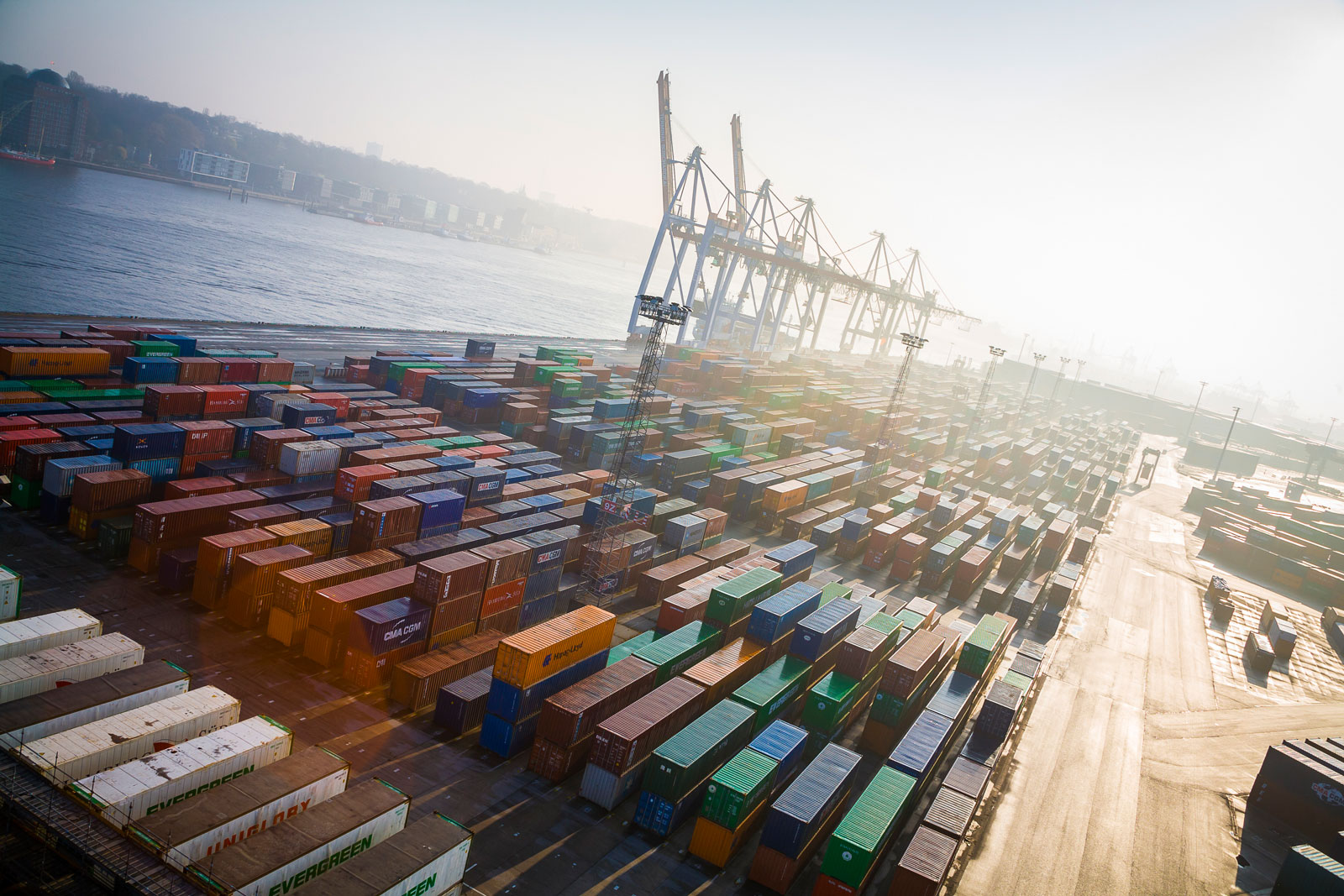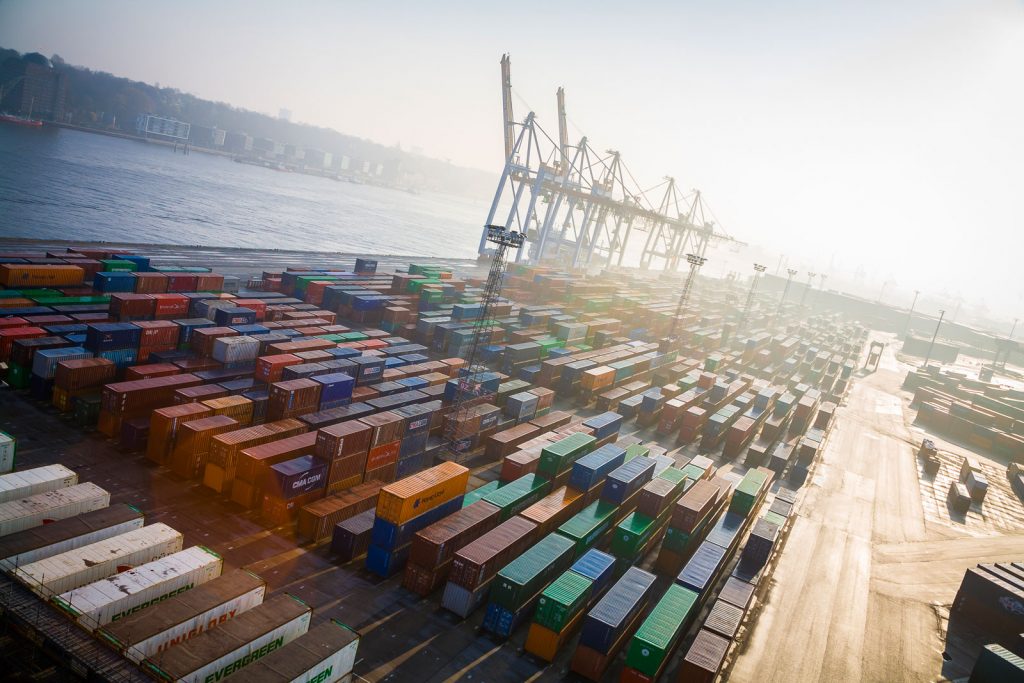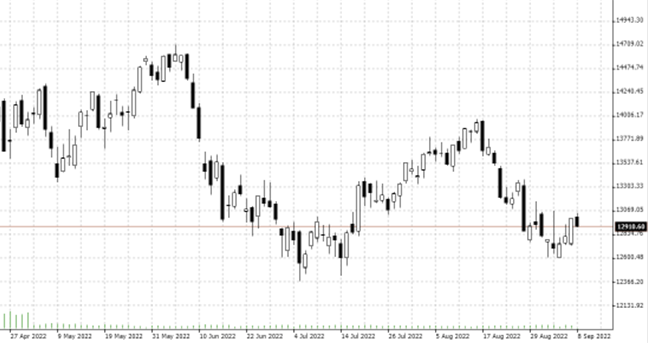

08.09.2022 –It is not the delivery of the smallest quantities of war material to Ukraine that is the German turning point. It is the de-industrialization of the Federal Republic. This will have consequences for the DAX. Because now it’s all about the substance.
The country has just experienced a turning point. The philosopher and children’s book author, who plays the role of economics minister, let the mask fall. On Sandra Maischberger, Robert Habeck confirmed that he wants to implement the green-red planned economy. In view of the high energy prices, he recommended that craftsmen, traders and manufacturing companies simply stop using energy so that they don’t slide into bankruptcy. So the economy should simply stop doing business.
Bio-death of industry
Make no illusions: This is program and has been planned for a long time. Germany is to be transformed into an organic paradise where only the bare necessities are produced. Without large-scale industry with all its emissions. Unfortunately, this threatens a veritable wave of bankruptcies. The DAX – here in the daily chart – should react to this.

Source: Bernstein Bank GmbH
What all is at stake and how tense the situation already is, you will hardly read in the green-left German mainstream media. For that, the brilliant blog “Publico” has just compiled a depressing list.
List of horror
The Indian steel company ArcelorMittal, for example, has cut production in Hamburg and Bremen to zero for the time being; at Arcelor in Eisenhüttenstadt, Brandenburg, employees have to work short hours. The wind turbine manufacturer Nordex is closing its plant in Rostock completely (relocation to India), as is the French steel group Vallourec with its Düsseldorf and Mühlheim sites; furthermore, the tile plant of Villeroy & Boch in Merzig, Saarland (relocation to Turkey), Ford in Saarlouis (continuation of production in Valencia) and the automotive supplier Mahle in Gaildorf, Baden-Württemberg. Hakle in Düsseldorf had to file for planned insolvency due to energy and raw material costs. The planned closure and relocation of no less than three plants of the automotive supplier Kostal in the Sauerland region is not only about the high energy costs, but also about the ailing highway bridges in the Sauerland region. We add: In the meantime, shoe retailer Görtz has also filed for insolvency. Consequential costs of inflation – people are saving to be able to afford electricity and heating.
Imminent blackout
This could be just the beginning. Germany still has three nuclear power plants on the grid, two of which are to be eliminated and retained only as an emergency reserve – although the rapid ramp-up could become critical because of lead times. Three nuclear power plants were shut down in 2021, and the intact reactors will remain so. As a result, Germany is completely dependent on French nuclear power and also on coal-fired power from Poland or the Czech Republic. Whereas Paris will first supply domestic industry with cheap nuclear power when things get serious. According to “Publico”, even a filling level of the German gas storage facilities of 100 percent means nothing, because that corresponds to just a quarter of the German gas demand. So far, the country has always lived simultaneously on the storage reserve and Russian gas from the pipeline in winter, the only support for the planned nuclear-free energy turnaround. In other words, Angela Merkel has handed Germany over to Moscow.
Threat of capital flight
The conclusion to be drawn from all this is that international investors will think very carefully about where they invest their money. Probably not in a country that is destroying itself with its eco-geekiness. At any rate, Habeck made it clear after the government meeting in Meseberg that he doesn’t care about the impending collapse of industry – in that case, the state will step in with money for short-time workers. If the feared blackout occurs in winter, the DAX is likely to react.
Perhaps sanity will return and the government will change or the energy transition will be reversed. Or the decentralized production of energy will miraculously succeed – solar plants, wind turbines. Or industry will soon be allowed to increasingly use its own small power plants – like BASF in Ludwigshafen, which has three power plants; all three, however, run on natural gas. Bernstein Bank keeps an eye on the situation for you.
The content of this publication is for general information purposes only. In this context, it is neither an individual investment recommendation or advice nor an offer to purchase or sell securities or other financial products. The content in question and all the information contained therein do not in any way replace individual investor- or investment-oriented advice. No reliable forecast or indication for the future is possible with respect to any presentation or information on the present or past performance of the relevant underlying assets. All information and data presented in this publication are based on reliable sources. However, Bernstein Bank does not guarantee that the information and data contained in this publication is up-to-date, correct and complete. Securities traded on the financial markets are subject to price fluctuations. A contract for difference (CFD) is also a financial instrument with leverage effect. Against this backdrop, CFD trading involves a high risk up to the point of total loss and may not be suitable for all investors. Therefore, make sure that you have fully understood all the correlating risks. If necessary, ask for independent advice. CFDs are complex instruments and are associated with the high risk of losing money quickly because of the leverage effect. 68% of retail investor accounts lose money trading CFD with this provider. You should consider whether you understand how CFD work and whether you can afford to take the high risk of losing your money.7
